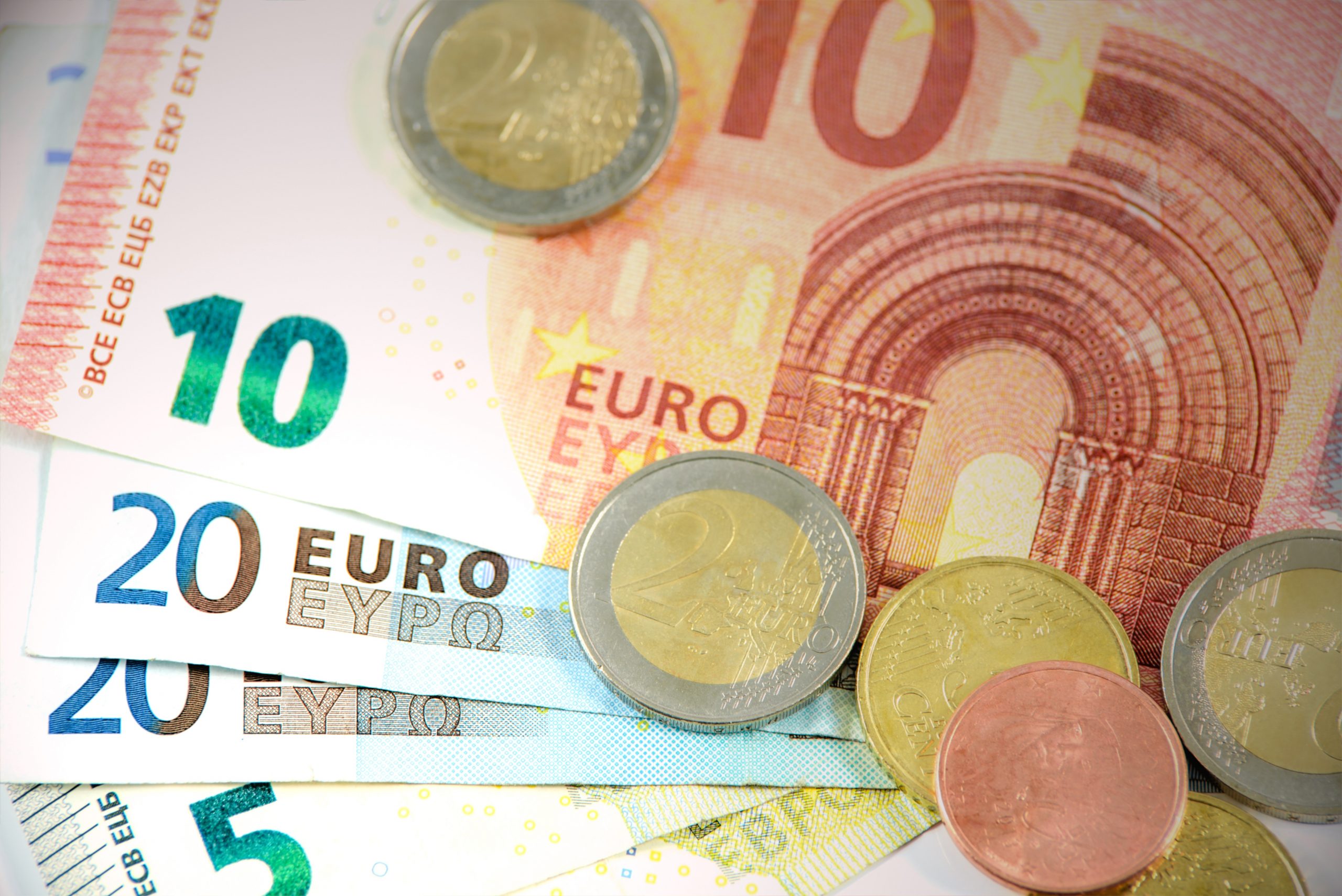
Nine percent of respondents would never change the Hungarian currency.Continue reading
Speaking at the Tranzit Festival in Tihany on Saturday, during a discussion on the consequences of giving up the national currency, Finance Minister Varga Mihály said that the issue on the agenda now is how we can restore the economy’s balance position in the quickest way after two crises. Fiscal policy must reduce the deficit and debt, he summarized.

Panel discussion between Balázs Molnár, moderator (L), Minister of Finance Mihály Varga (C) and Gyula Pleschinger, economist and member of the Monetary Council of the National Bank of Hungary (R) at the Tranzit Festival on August 26, 2023. Photo: MTI/Noémi Bruzák
Mihály Varga stressed that there was a period in economic policy when we were able to meet all the conditions except the exchange rate peg, and that the two most recent crises confirmed that
if we had the euro now, the Hungarian economy would have to take far fewer risks.
He explained that there would be several political benefits to adopting the euro. According to a Eurobarometer survey in January this year, 72% of the Hungarian population is in favor of the euro, as everyone wants stability, he pointed out.
The disadvantages of the single currency, he continued, are
the abandonment of an independent monetary policy and the fact that the ECB’s decisions would be made primarily on the basis of the criteria of the core countries – France, Germany, the Netherlands, and Italy – and Hungary could be marginalized.
Gyula Pleschinger, member of the Monetary Council of the National Bank of Hungary (NBH), added that Hungary is now a long way from joining the euro area, because it cannot even meet the Maastricht criteria.
According to the NBH’s official estimate, accession could happen sometime in the 2030s,
he noted. The NBH takes into account an adequacy index, including macroeconomic factors – inflation, public debt – in addition to the convergence criteria. This index shows that we are not fit to adopt the euro, he underlined.
Fact
Convergence criteria (or “Maastricht criteria”) are criteria based on economic indicators that European Union (EU) Member States must fulfill to enter the euro zone, and that they must continue to respect once entered.
Asked about Croatia’s adoption of the euro, the Finance Minister pointed out that tourism, generating 20 percent of the output of the Croatian economy and whose revenues are in euros, was not a risky sector for the adoption of the single currency.
Pleschinger recalled that the 2008 crisis had shaken confidence in the kuna (Croatia’s national currency replaced by the euro in 2023) and that the country had already unofficially adopted the euro. According to him,
Hungary should avoid speeding up the “euroization” process.
Varga emphasized that Slovakia is an excellent example of how the introduction of the euro alone will not solve the problems.
In 2005, Slovakia was ahead of Hungary in terms of purchasing power parity (PPP). Our northern neighbor joined the euro area in 2009, but after 2013, the indicator started to decline. Hungary’s PPP is 77 percent of the EU average, while Slovakia’s is 66-67 percent.
The Czech Republic, without the euro, has a much higher level of economic development, with a PPP level above 90 percent,
he stressed.
“Those who see the euro as a remedy are wrong, it is the quality of economic policy that counts,” the Finance Minister added. He said that if there is room for maneuver in monetary policy, it is possible for a country to overcome economic policy disadvantages.
Hungarian economic policy must focus on its own problems, we do not need the euro to make a country more stable, but to stabilize the economy so that we can deal with the euro issue in a meaningful way,
Varga concluded.
Featured image: Pixabay